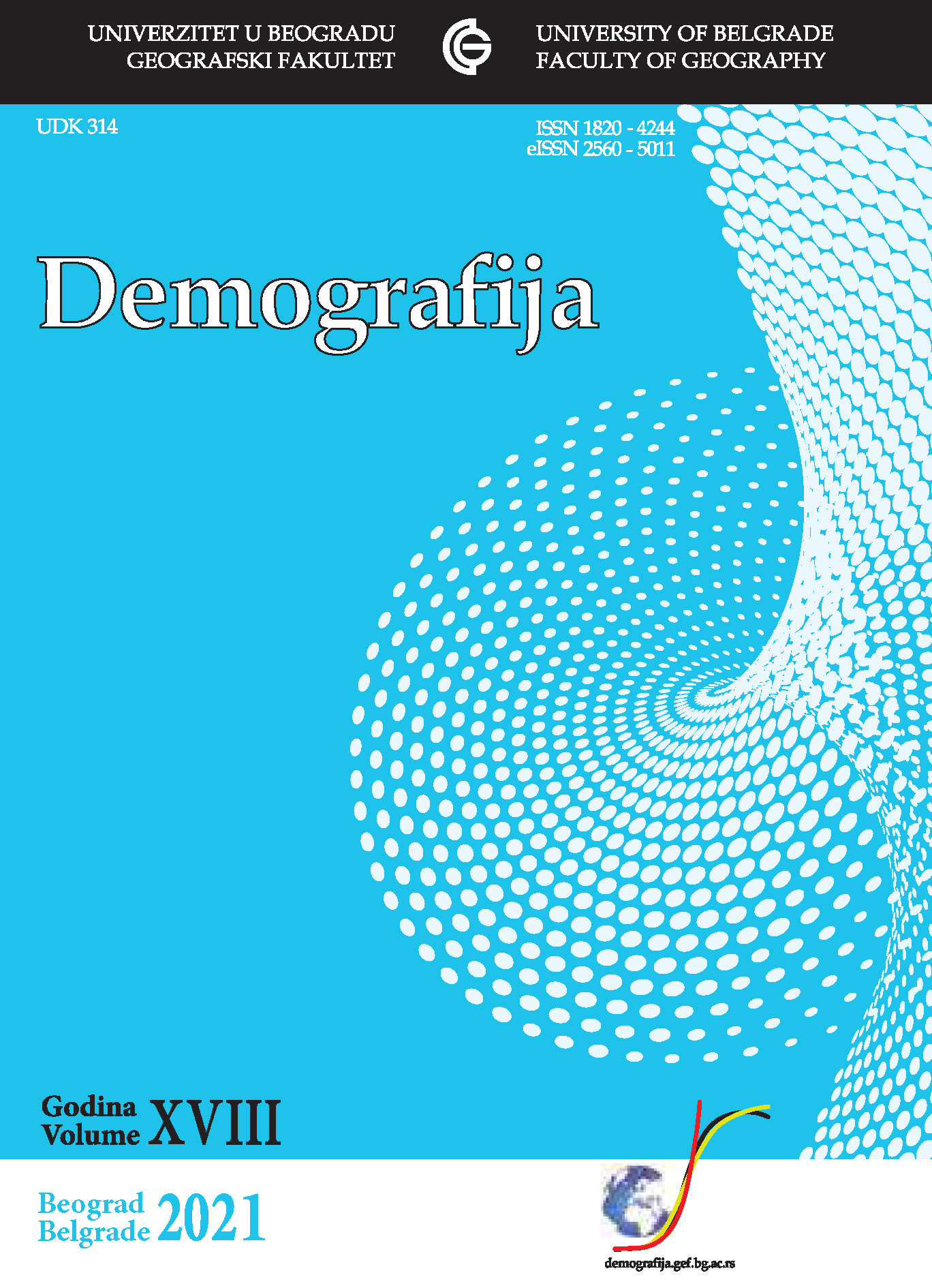MERE ZA REGULISANJE PRIVREMENIH I CIRKULARNIH MIGRACIJA I REINTEGRACIJE: DODATNI IZAZOVI ZA ZEMLJE ZAPADNOG BALKANA U VREME COVID-19 PANDEMIJE
LABOUR MIGRATION, COVID-19 PANDEMIC AND THE WESTERN BALKANS: MEASURES TO ENCOURAGE TEMPORARY, CIRCULAR AND RETURN MIGRATION
Author(s): Jelena R. Predojević DespićSubject(s): Social Sciences, Geography, Regional studies, Demography and human biology, Migration Studies
Published by: Географски факултет, Универзитет у Београду
Keywords: temporary and circular migrations; reintegration; Western Balkans; COVID-19 pandemic
Summary/Abstract: The aim of this paper is to consider measures that contribute to the regulation of temporary and circular migration, as well as reintegration in the countries of the Western Balkans, which have long faced numerous and diverse challenges of labor emigration. Immediately after the outbreak of the COVID-19 pandemic, a large number of migrant workers returned to the countries of the Western Balkans. Migrant workers, especially those who are staying abroad temporarily, have faced sudden and numerous migration challenges, but they also want to return to work abroad as soon as the conditions are met. Therefore, in order to improve the position and protect the rights of international migrants as efficiently as possible in the future, it is necessary to develop measures that can complement the activities of the Western Balkan countries to regulate and encourage temporary and circular migration, as well as reintegration of migrant workers upon return. This is particularly important in the context of the complex challenges posed by the COVID-19 pandemic, as the contribution of both highly-skilled and low-skilled foreign workers has been shown to be an integral part of the sustainability of the state system in immigration countries. They will increasingly direct immigration policies towards measures to attract the necessary foreign workers. Therefore, emigration countries should work on improving legislation, developing inter-institutional cooperation and strengthening the capacity of actors at both national and local levels of government and building an approach that includes cooperation of whole of government approach, including the scientific and civil sector. After the outbreak of the COVID-19 pandemic, it was shown that migration policy should rapidly develop measures that reduce the costs and negative effects of migration to the lowest possible level, both for migrants and their families who often remain in the country of origin.
Journal: Demografija
- Issue Year: 2021
- Issue No: 18
- Page Range: 71-92
- Page Count: 22
- Language: English, Serbian

